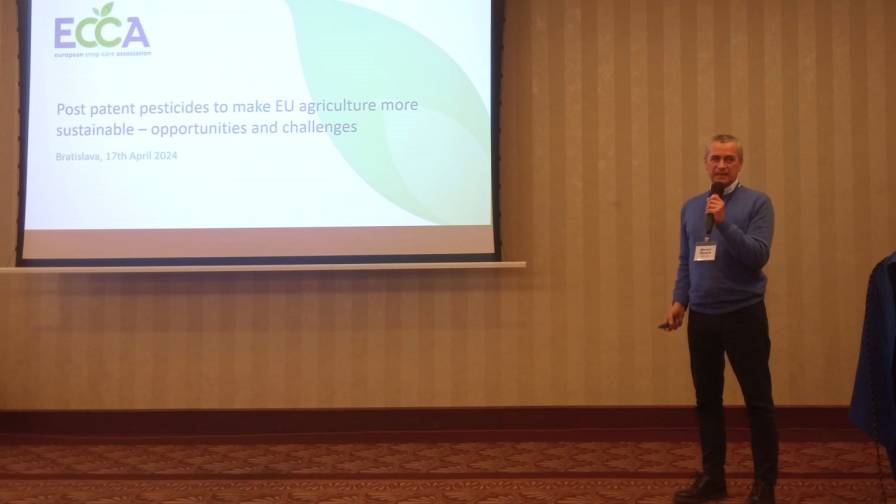Bayer Responds to EFSA’s Conclusions on Neonics
Bayer said it “fundamentally disagrees” with the European Food Safety Authority’s updated risk assessment conclusions for the active substances imidacloprid and clothianidin.
According to updated risk assessments published by EFSA on Wednesday, neonicotinoid pesticides represent a risk to wild bees and honeybees.
In a statement, Bayer said the watchdog’s findings place it “outside the current mainstream science on bee health, as represented by recent similar assessments done by agencies such as the U.S. EPA and Canadian PMRA. These assessments have shown conclusively that neonicotinoid products can be used by farmers to protect their valuable crops without harming honey bee colonies.”
Bayer’s statement continued:
“Unfortunately, EFSA chose to base its assessment on an unworkable guidance document that makes it impossible to field a study that would not find risk, despite repeated requests by Member States for a review of this guidance. EFSA’s conclusions can therefore not be used as a measuring stick to justify further neonicotinoid restrictions. While challenges to bee health remain due to a number of factors, the fact remains that the total number of beehives in the EU is continuing to rise. Bayer will continue to work with farmers, beekeepers and regulators on solutions that will have a positive impact on bee health.”






